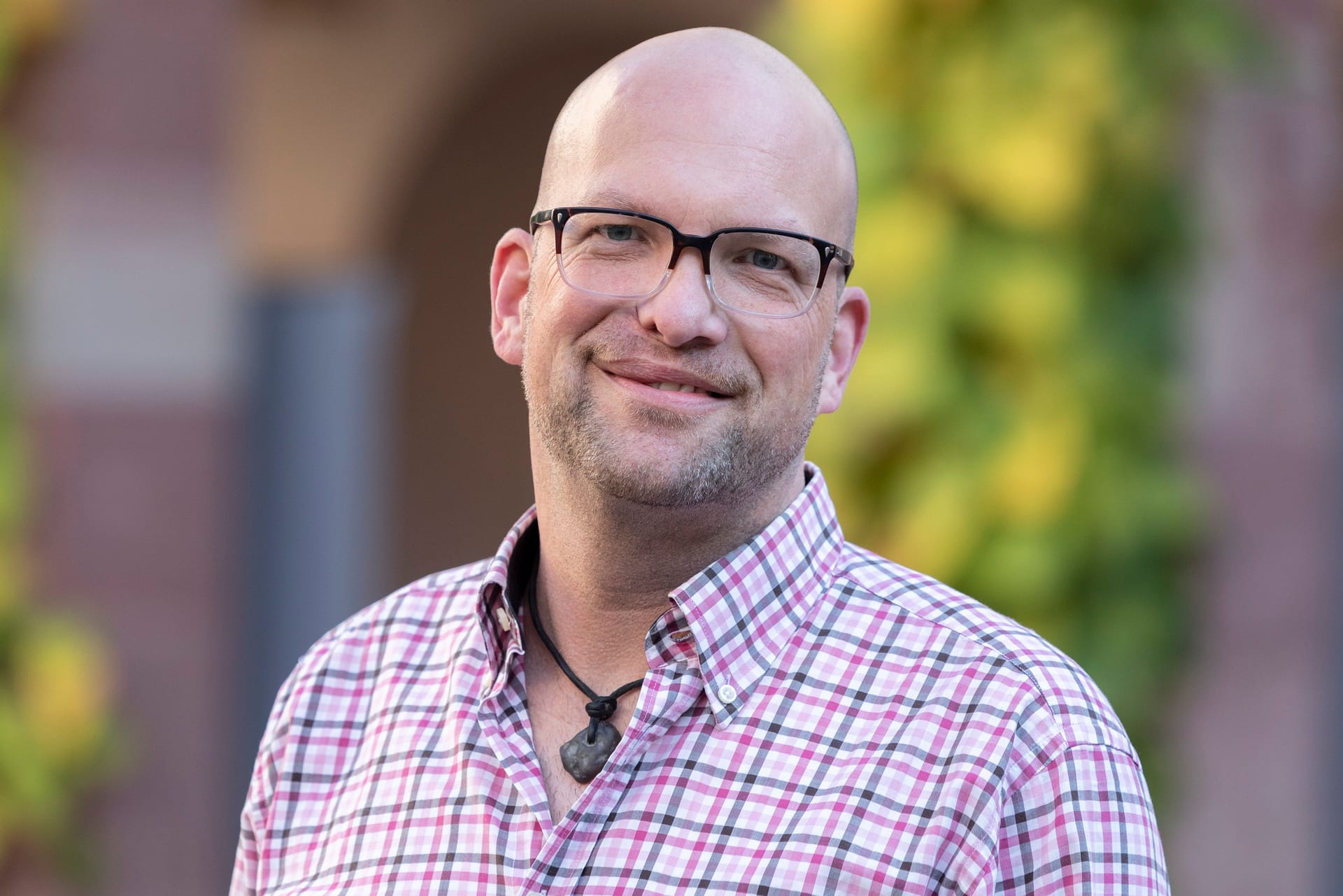Depression does not only affect the behavior of those affected. The language can also provide information about the serious disease.
Sadness, hopelessness and negative thoughts overshadow the life of those affected in a depression. They feel trapped in their negative feelings. Every joy is lost. The fears, despair and helplessness are often shown in the language.
According to the German Depression Aid Foundation, depression is shown by two main symptoms:
- depressed, depressive mood
- Interest or joylessness
Additional symptoms can occur to the two main symptoms. This includes:
- Lack of drive or increased fatigue
- reduced concentration and attention
- Feelings of guilt and worthlessness
- reduced self -esteem
- Hopelessness in relation to the future
- Suicide thoughts/actions
- Sleep disorders
- Changed appetite
- Psychomotor unrest or slowdown
If at least five symptoms, at least one main symptom, occur over more than two weeks, that indicates depression.
A notice: If you think a lot about your own death or take care of a fellow human beings, you will find help immediately and anonymously.
People who have a depression experience a downward base of negative thoughts and feelings and feel deep exhaustion and listlessness. This is also reflected in the language. As part of an investigation, a team of researchers from the Institute for Psychosocial Medicine, Psychotherapy and Psycho -oncology at the University Hospital Jena evaluated audio content from anamnesis interviews from depressive people.
With the help of software, the basic frequency of the voice, span of the voice, speed of speech and the length of the break of people with depression were compared with those healthy. The result: Depressive patients are characterized by a monotonous language, a low speech speed and longer breaks compared to healthy people.
Another study published in 2018 also shows changes in the language more depressive. The University of Reading research team in Great Britain examined the linguistic differences between people with depression and without. Contributions were evaluated by more than 6,000 users in over 60 online forums. The result: Depressive people use words that express negative feelings and moods.
Depressive people often use adjectives such as “lonely”, “sad” or “miserable”. Also absolute words like “always”, “never” and “totally” can often be found. In addition, depressed people use pronouns in the first person singular, ie “I”, “my”, “me” and “me”. According to the scientists, this is because depressive people are very focused on themselves and that they often lack contact with the outside world.
“If you suspect depression, it is worth listening to more precisely. A language analysis can help to recognize depression,” says Armin Rösl, deputy chairman of the German Depression League. V. Rösl also fell ill with depression in 2010 – and in retrospect recognizes himself in the research results.
It is due to the clinical picture of the depression that those affected are despondent and sad. This shows itself in sentences like “I don’t like”, “I have no idea what is going on with me”, “I’m very tired” or “I’m not worth anything”. Such sentences are typical of the disease and are often repeated by those affected.

Armin Rösl is deputy chairman of the German depression liga e. V. Armin Rösl is a journalist and had a severe depressive episode in 2010. He has been involved in depression since 2015.
Suicidal thoughts can arise with severe depression. If these are communicated by those affected, relatives should take this very seriously. “Expresses the affected sentences such as ‘I get around’ or ‘I don’t like’, should it not be left alone. There is a risk that he does something,” emphasizes Rösl. “In an emergency, medical help is needed immediately.”
A first point of contact can be general practitioner or psychiatric practice or the next psychiatric clinic. You can also choose the emergency call under 112. Telephone counseling is available around the clock and free of charge at 0800-111 0 111 or 0800-111 0 222.
Not only the language changes for those affected. In the case of depression, the voice often remains completely away. Depressive is withdrawing from their environment more and more. They usually have no strength to go to exchange with others and to have discussions. They often do not report to family and friends for weeks or months. Even in contact with the people with whom they live together, communication often dries up entirely.
“It is difficult for those affected to find strength for anything at all. Also to speak. They want to be alone,” says Rösl. “Talks can be valuable. For sick people, it is important to feel that they are not alone and that they have people around them who take their illness seriously and try to understand them.”










